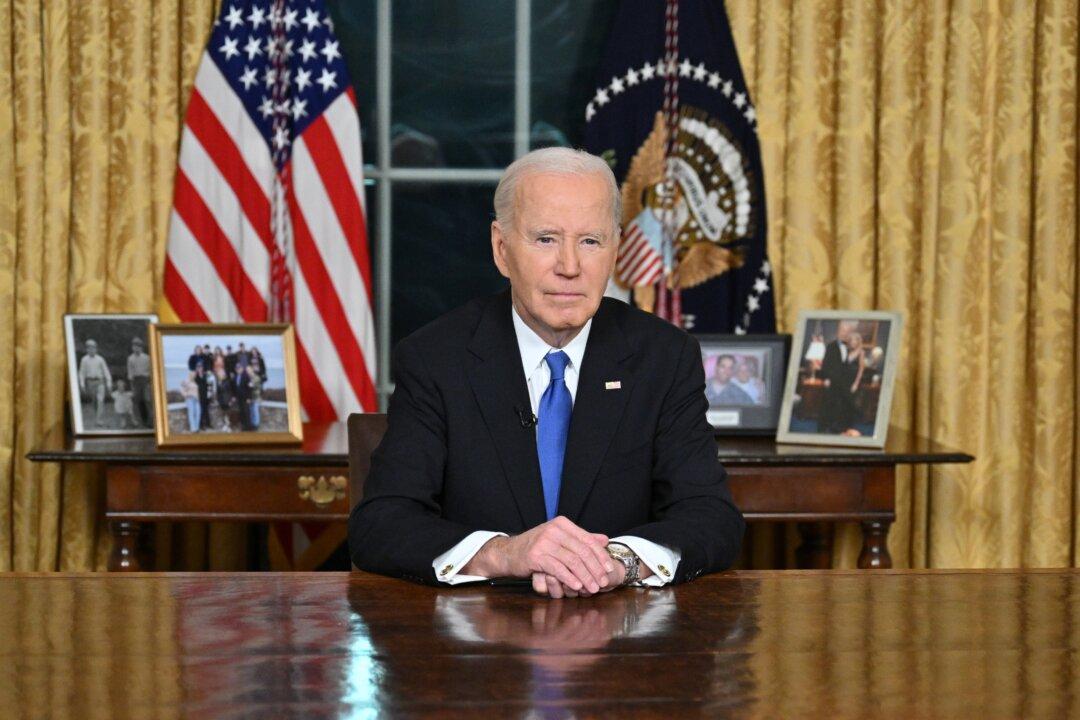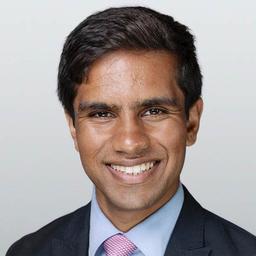WASHINGTON—President Joe Biden took office amid one of the most sweeping public health crises in the nation’s history, promising to “restore the soul” of the country and bring unity. As his term comes to an end, his presidency has been met with a mix of praise and criticism, leaving behind a divided legacy.
In his inaugural address in 2021, Biden described the moment as a “winter of peril and possibility.” Four years later, in his farewell speech to the nation on Jan. 15, he expressed pride in his administration’s achievements.






